
Woman Says The Best Burnout Advice She Ever Got Was ‘Be Boring,’ Explains How It Helped Her
A recent survey of 10,243 full-time desk-based employees from the United States, Australia, France, Germany, Japan, and the U.K. found that 42% of them were burned out.
For a long time, product manager Gabriela Flax also had this problem. But after enough time and effort, she managed to regain control over her work-life balance.
Now that the 28-year-old has left migraines, exhaustion, and panic attacks behind her, she’s trying to help others by sharing everything that worked for her.
For example, in one of her recent videos, Gabriela explains how embracing boredom can free up energy for deeper healing, and the tips that she provides sound like something we could implement even today.
Picking a go-to outfit
Having the option not to do the dishes
Downgrading your skincare routine
Getting a bin for clean clothes
Disabling social media notifications
Ordering a meal service if that’s possible
Deleting email apps from your phone
Automating your bill payments
Having a designated TV show
Setting up automatic shipments for essentials
It took Gabriela time to get to the place where she is now
“By my mid-twenties, I’d let my fear of not being good enough control my behaviors to the point of burning out,” Gabriela explains on her website. “I was exhausted, anxiety-ridden, cynical, and unable to decide what to wear to work without breaking down. Life felt dull yet chaotic as I watched massive goals I’d set for myself float away.”
She says she was your typical people-pleaser, corporate-ladder climber, and all-around get-it-done-against-all-odds-er.
But a pivotal moment came when Gabriela confessed to a friend of having a panic attack for breakfast, a migraine for lunch, and a date with her email inbox for dinner. They told the woman that self-neglect would be her self-demise.
“Weeks of soul searching (ie. self-help books, podcasts, and coaching) illuminated that while my ego was thriving, my body was failing,” Gabriela recalls. “The life and career I desired would not materialize at the speed I was going.”
So she gave up alcohol, started moving her body, and little by little learned to say ‘no’ to extra work. As time went by, Gabriela got comfortable with being still and began identifying, accepting, and rewriting the limiting beliefs that kept her burned out.
“Within several months, I was a new version of myself: resilient, primed, and purposeful,” she says.
Gabriela, who is now a certified burnout resilience and NLP coach, uses her signature RPP method to empower ambitious (burned-out) professionals to achieve their goals on their own terms.
Image credits: Christian Erfurt (not the actual photo)
Leadership decisions can have a huge impact
However, while we are responsible for taking care of ourselves, the main reasons why employees get burnout largely depend on management (decisions). According to a 2018 Gallup report, five factors contribute to employee burnout the most:
- Unreasonable time pressures. Employees who say they have enough time to do their work are 70% less likely to experience high burnout, while individuals who are not able to gain more time (such as paramedics and firefighters) are at a higher risk of burnout;
- Lack of communication and support from management. Manager support offers a psychological buffer against stress. Employees who feel strongly supported by their manager are 70% less likely to experience burnout symptoms regularly;
- Lack of role clarity. Only 60% of workers know what is expected of them. When expectations are like moving targets, employees may become exhausted simply by trying to figure out what they are supposed to be doing.
- Unmanageable workload. When the workload feels unmanageable, even the most optimistic employees will feel hopeless. Feeling overwhelmed can quickly lead to burnout symptoms;
- Unfair treatment. Employees who feel they are treated unfairly at work are 2.3 times more likely to experience a high level of burnout. Unfair treatment may include things such as favoritism, unfair compensation, and mistreatment from a co-worker.
Not surprisingly, the effects of burnout don’t stop at the office door. Employees who consistently experience high levels of burnout are:
- 63% more likely to take a sick day;
- half as likely to discuss how to approach performance goals with their manager;
- 23% more likely to visit the emergency room;
- 2.6 times as likely to leave their current employer;
- 13% less confident in their performance.
People really appreciated Gabriela’s advice and some shared a few tips that work for them as well
26Kviews
Share on FacebookExplore more of these tags
Have a default meal that is minimal effort, reasonably healthy, and quick, and always keep the ingredients to hand. Mine is omlette with cheese. Don't know what I want for dinner? Omlette with cheese. Eggs and a bag of shredded cheese in the fridge. Have a no cook option too, mine is a piece of fruit and a breakfast bar. Helps with the staring in the fridge wondering what you should cook, and if you have the energy. No clean plates? Here's an apple and a breakfast bar. Good enough. Life is exhausting sometimes.
This. My default is mac and cheese with a can of seasoned tomatoes stirred in with some bacon bits. 10 minutes and dinner is served. The most work is stirring in the tomatoes, lol.
Load More Replies...I find some of these strange and very different from my lifestyle. For example I have never had my work mails on my private phone. I've never had some insane 10 step skincare routine. And I have all my regular bills set up as automatic payments. Just those three would add so much stress to my life if I did them like she used to do.
No more tiktok posts please. They are boring and low-quality. Even if this one doesn't have the terrible video attached, it's still an awful tiktok person advising people to stop using social media. The stupidity is astonishing. Stop posting these bad boring things.
Have a default meal that is minimal effort, reasonably healthy, and quick, and always keep the ingredients to hand. Mine is omlette with cheese. Don't know what I want for dinner? Omlette with cheese. Eggs and a bag of shredded cheese in the fridge. Have a no cook option too, mine is a piece of fruit and a breakfast bar. Helps with the staring in the fridge wondering what you should cook, and if you have the energy. No clean plates? Here's an apple and a breakfast bar. Good enough. Life is exhausting sometimes.
This. My default is mac and cheese with a can of seasoned tomatoes stirred in with some bacon bits. 10 minutes and dinner is served. The most work is stirring in the tomatoes, lol.
Load More Replies...I find some of these strange and very different from my lifestyle. For example I have never had my work mails on my private phone. I've never had some insane 10 step skincare routine. And I have all my regular bills set up as automatic payments. Just those three would add so much stress to my life if I did them like she used to do.
No more tiktok posts please. They are boring and low-quality. Even if this one doesn't have the terrible video attached, it's still an awful tiktok person advising people to stop using social media. The stupidity is astonishing. Stop posting these bad boring things.

 Dark Mode
Dark Mode 

 No fees, cancel anytime
No fees, cancel anytime 













































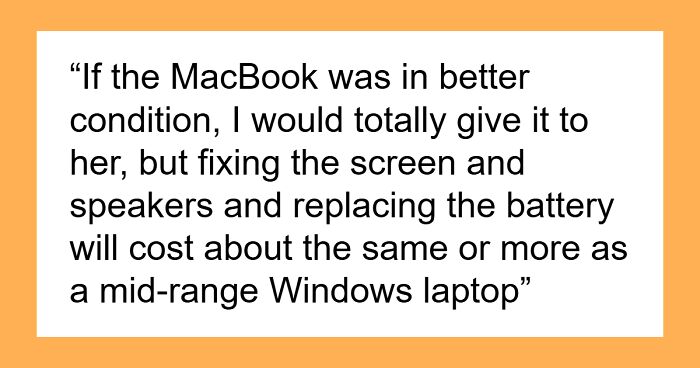





















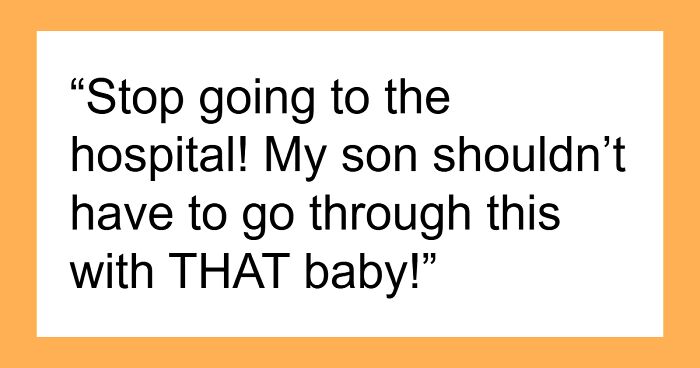

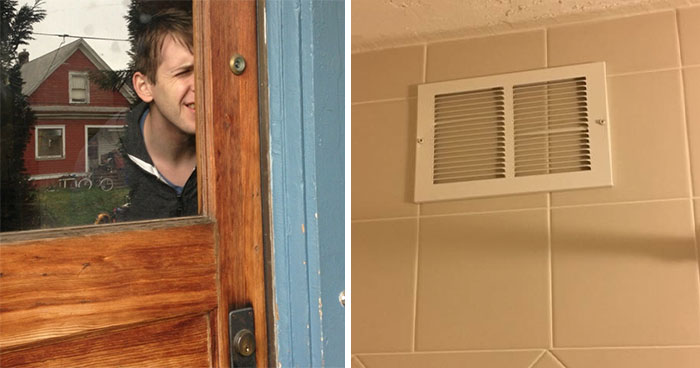

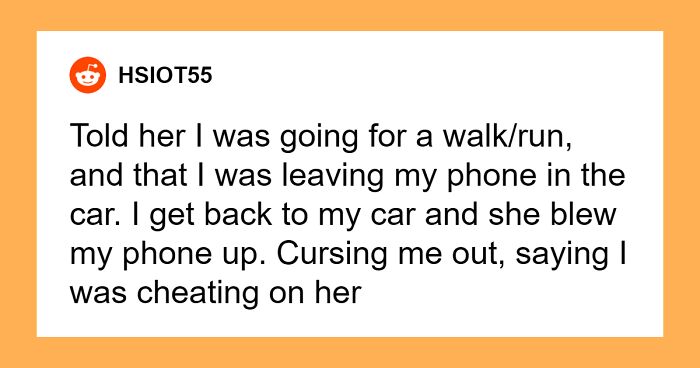





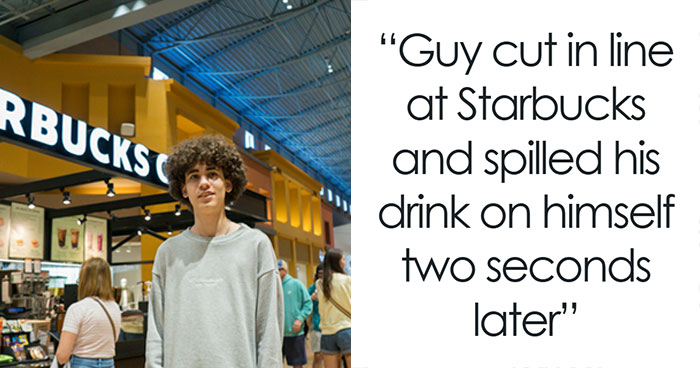
33
12